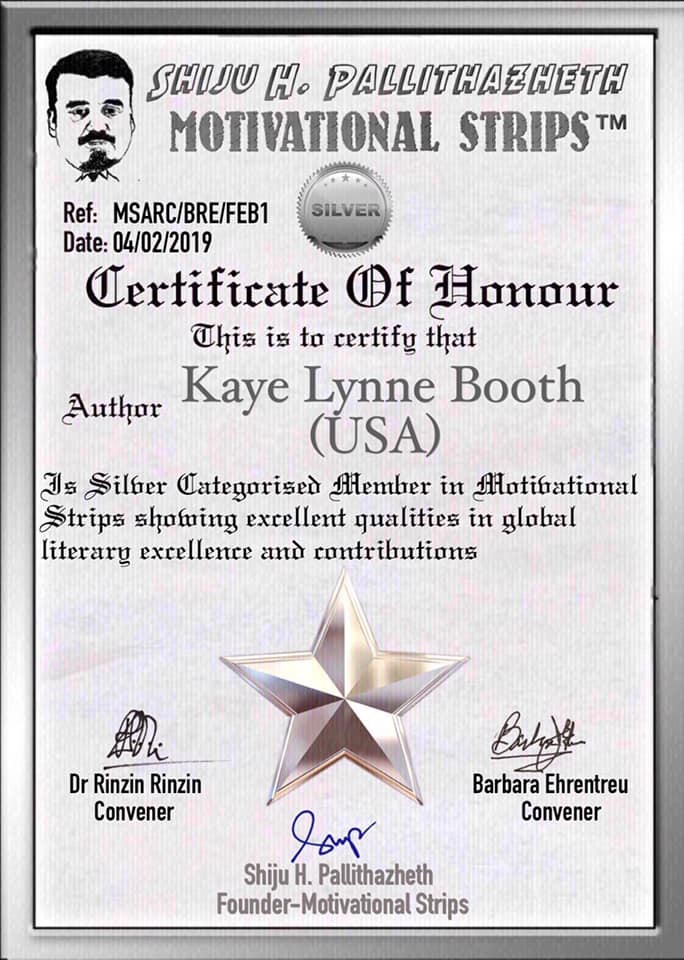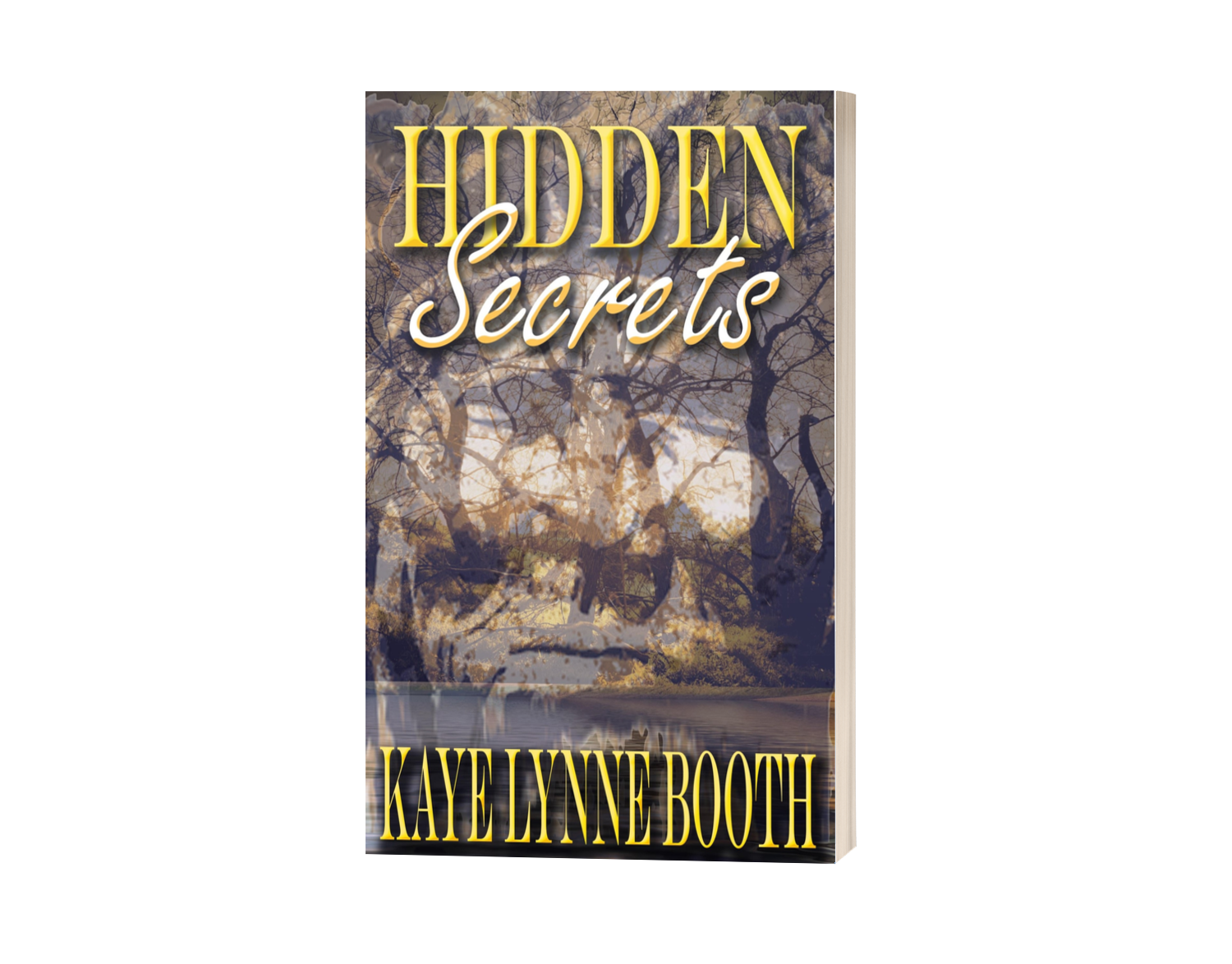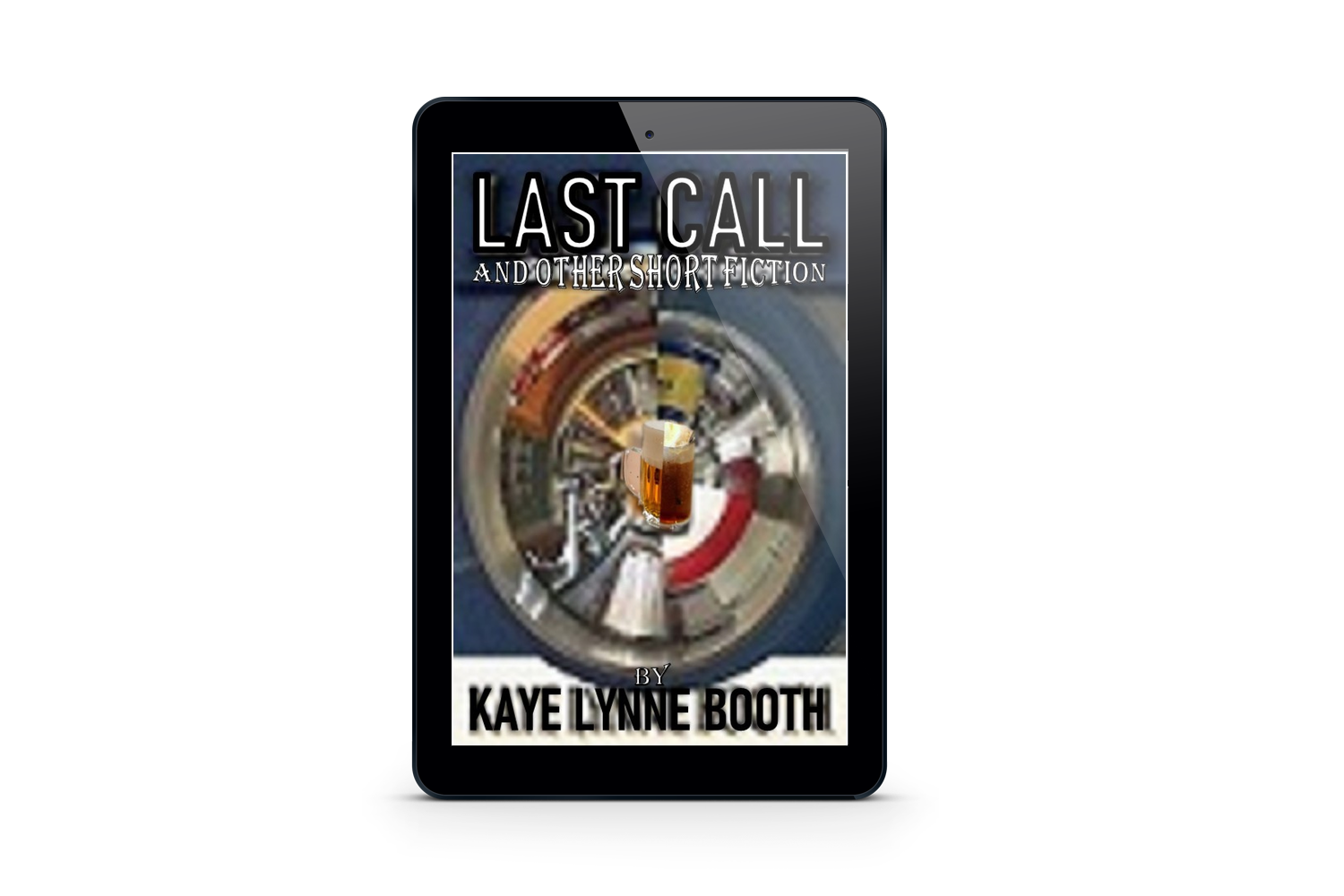Writer’s Corner: 6 Reasons I chose to go wide with my books
Posted: June 20, 2022 Filed under: Books, Indie Publishing, Publishing, WordCrafter Press, Writer's Corner | Tags: independent publishing, Kaye Lynne Booth, Publishing, Wide vs. Exclusive, WordCrafter Press, Writer's Corner, Writing to be Read 10 CommentsI chose to go wide with WordCrafter Press books. Let me tell you why.
- Although many authors use KU to increase their income from their books, since page reads may be more of a metric than sales are, but the price may be too high. Going exclusive limits what you can do with your Intellectual Properties. So even though I’ve maintained my rights for a book, I can’t include that book in a story bundle or box set elsewhere, if it’s in KU. I can’t even sell the book direct from my own website. Likewise, audiobooks published with Audible must be exclusive for at least one year and can’t be published elsewhere, not even on my own website.
- An author wants to reach as many potential readers as possible, increasing the chances of their book being discovered, so to me, it just makes sense to place your books with as many different book distributors as possible. This can be done on each individual platform directly, but the process is very time consuming, so an aggregator like Draft2Digital or Smashwords, (which have merged into one company), can be helpful in getting your book offered on multiple platforms.
- There are some readers who just plain despise Amazon, feeling that they are a monopoly, pushing the smaller companies out, so they won’t buy from them. there are also folks who use readers other than Kindle. By publishing exclusive, authors are not reaching readers who can’t or won’t buy from Amazon or their partners.
- Brick and mortar bookstores and libraries hate Amazon. And why shouldn’t they? Amazon is their biggest competitor. So, chances are, that if your book is only available on Amazon, you won’t be able to get these entities to even consider making your book available to their customers. If they check you out and see that you are advertising “Available on Amazon”, you aren’t going to make it through the doors. (That’s why I use the Books2Read links offered through D2D, where you can set it up so potential readers can find you on their favorite book distribution platform. Amazon is in there, but so are the other platforms like Kobo, Barnes & Noble, Apple Books, and Scribd, where my books are available.) Even if you have your books on multiple book distribution and library platforms, you still must put in the work to get availability in physical locations, which are excellent opportunities for discovery and gaining new readers.
- It just doesn’t make sense to me to “put all my eggs in one basket”. By going exclusive with Amazon, I would be excluding a large portion of potential readers. Publishing with D2D places WordCrafter Press books with most of your favorite book distributors, including Barnes & Noble, Rakuten Kobo, Apple, Scribd, Amazon, Thalia, Indigo, Mondadori, and Vivlio, as well as Baker & Taylor, Overdrive and other library lists. Of course, being on the lists for libraries and bookstores don’t get your books into the brick and mortar establishments, you still have to work to build relationships with the real people who are found there, but without being on those lists, there isn’t any chance. And if I were to publish exclusive with Amazon those paths would be closed to me.
- As Derek Sivers – author, musician, entrepreneur and publisher – says on the May 16, 2022 episode of The Creative Penn podcast, “De-centralization is good. Amazon should not be the only bookstore.” And Sivers suggests that the way to work toward the goal of de-centralization is by training readers to look for your books in other places; other bookstores, libraries, or even direct from the author’s website.
Wide vs. exclusive is an ongoing decision among independent authors. Amazon has become the monster conglomerate that they are, because they are doing all kinds of things right. Most of us are not as anti-Amazon as Sivers, who instructs to send potential readers “anywhere but Amazon”. I can see the value in including Amazon in my wide distribution. Just as it doesn’t make sense to me to go exclusive, neither does it make sense to me to exclude the biggest bookseller on the block.
The fact is, even though I don’t like the pedestal Amazon has raised itself up on, and I don’t like the fact that their TOS isn’t always in the author’s favor, I can’t deny that shopping on Amazon is easy and convenient. Also, I read digital books on a Kindle device, and I hate learning how to set up and use new devices, so Amazon is where I get most of my digital content.
Now that I’ve told you my strategy, you tell me yours. Do you choose to have your books wide or exclusive? Why? Tell me your thoughts in the comments. Let’s make this more of a discussion.
______________________________________________________________________

Kaye Lynne Booth lives, works, and plays in the mountains of Colorado. With a dual emphasis M.F.A. in Creative Writing and a M.A. in Publishing, writing is more than a passion. It’s a way of life. She’s a multi-genre author, who finds inspiration from the nature around her, and her love of the old west, and other odd and quirky things which might surprise you.
She has short stories featured in the following anthologies: The Collapsar Directive (“If You’re Happy and You Know It”); Relationship Add Vice (“The Devil Made Her Do It”); Nightmareland (“The Haunting in Carol’s Woods”); Whispers of the Past (“The Woman in the Water”); Spirits of the West (“Don’t Eat the Pickled Eggs”); and Where Spirits Linger (“The People Upstairs”). Her paranormal mystery novella, Hidden Secrets, and her short story collection, Last Call and Other Short Fiction, are both available in both digital and print editions at most of your favorite book distributors.
When not writing, she keeps up her author’s blog, Writing to be Read, where she posts reflections on her own writing, author interviews and book reviews, along with writing tips and inspirational posts from fellow writers. In addition to creating her own very small publishing house in WordCrafter Press, she offers quality author services, such as editing, social media & book promotion, and online writing courses through WordCrafter Quality Writing & Author Services. As well as serving as judge for the Western Writers of America and sitting on the editorial team for Western State Colorado University and WordFire Press for the Gilded Glass anthology and editing Weird Tales: The Best of the Early Years 1926-27, under Kevin J. Anderson & Jonathan Maberry.
In her spare time, she is bird watching, or gardening, or just soaking up some of that Colorado sunshine.
______________________________________________________________________________
Join Kaye Lynne Booth & WordCrafter Press Readers’ Group for WordCrafter Press book & event news, including the awesome releases of author Kaye Lynne Booth. Get a free digital copy of her short story collection, Last Call and Other Short Fiction, as a sampling of her works just for joining.
















I liked the way you explained the logic here, thanks. I use Smashwords to help readers using assistive technology like screen readers and braille displays to be able to DL a file type that is more suitable for interacting with a readerâs software. Diversifying how indie authors offer titles is important and Amazon is not the only platform and itâs important for us to remind buyers of other options.
Ann M. Chiappetta, M.S.
Making Meaningful ConnectionsThrough Media
914.393.6605 USA
Anniecms64@gmail.com Anniecms64@gmail.com
All things Annie: http://www.annchiappetta.com http://www.annchiappetta.com
LikeLiked by 1 person
Hi Annie. Thanks for your comment. It is important to remember that, as authors we have many choices. Many of the same reasons apply to my decision to self-publish rather than try for a traditional publisher and sign away more rights than necessary for a smaller piece of the pie. I want to maintain control over my intellectual properties. Many trad. publishing contracts are not favorable to the author, but heavily set in the publishers favor, and there is no control over where your books are available or pricing, etc…
LikeLike
HI Kaye, I am exactly like you about Amazon. It is convenient but I don’t like what they stand for or how they treat employees or authors. I don’t use KU either.
LikeLiked by 1 person
Yes Robbie. Amazon is the big boy on the block and it just makes good sense to me to not exclude readers. Thanks for your comment.
LikeLiked by 1 person
Great reasons and I agree with every one of them. I am exclusive to Amazon, but mostly because of laziness. It’s a lot less work and then I can just write.
LikeLiked by 1 person
Lol. I’m lazy that way, too. That’s why I use D2D for my aggregator. They put them out there to the distributors of my choice. And now that they’ve merged with Smashwords, I think my reach may get wider without the extra work. 😁
LikeLiked by 1 person
I liked the way you explained the logic here, thanks. I use Smashwords to help readers using assistive technology like screen readers and braille displays to be able to DL a file type that is more suitable for interacting with a readers software.
LikeLiked by 1 person
Thank you for your comment. I’m glad you found this post helpful. Now that D2D and Smashwords are merging, we are supposed to get the best of both platforms with the merger, so I am hoping to be able to use assistive technology within my own books, too.
LikeLike
It’s a great post and perfect guide, and I completely agree with everything you said.
LikeLiked by 1 person
Hi Nancy. So glad to know we are of like mind. For me the pros of going wide outweigh any cons by a wide margin. I gotta do what makes sense to me. 🙂
LikeLike